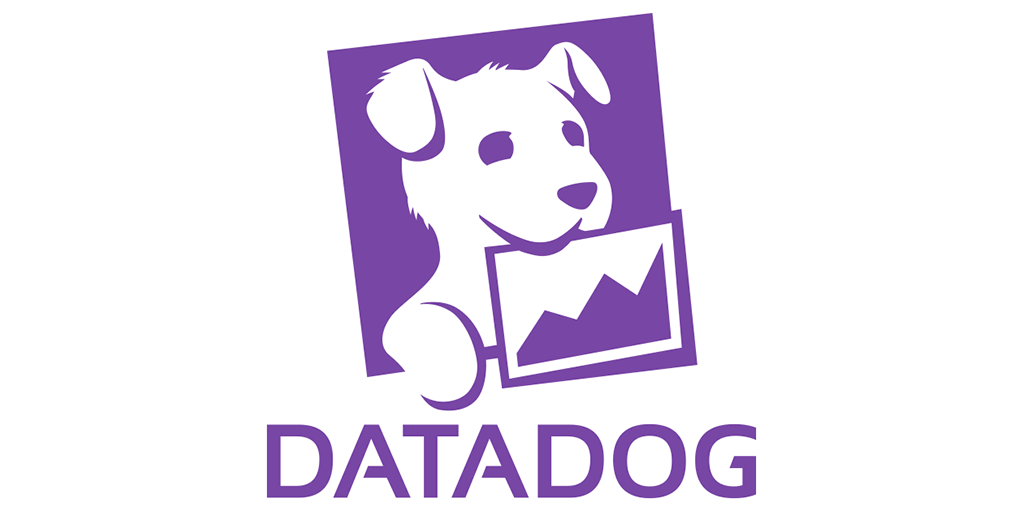Episode 91. OracleJDK? OpenJDK?, Zulu? Corretto? So many!
So just in case you didn’t know, but being a Java developer is as fun as ever! The ecosystem has been changing from the past year, and today, we have “tons” of Java Developer Kits to choose from. Want to know what happened? And want to know how different they are? (or what do they bring to the table), then tune in!
In this episode we cover the history of OpenJDK, and uncover the reason of why there are many JDKs out there. We dive in some of the licensing terms (hint. If you are using Oracle JDK 8, make sure you are getting security updates on with a support plan!).
Then Bob dives into some very fun differences between OpenJDK, Azul, and OpenJ9… and the tool to “keep sane” with all these installations, SDKMan! So if you do Java development for a living (and even if you are a hobbyist) this episode explains all the different Java versions you can play with!
FOLLOW US JavaPubHouse on twitter! Where we will be sharing new tech news, and tutorials!
We thank DataDogHQ for sponsoring this podcast episode

Don’t forget to SUBSCRIBE to our cool NewsCast!
Java Off Heap
- AdoptOpenJDK – Binary builds of OpenJDK
- Red Hat OpenJDK
- Azul OpenJDK (Zulu)
- IBM OpenJ9
- Oracle OpenJDK
- Oracle COMMERCIAL JDK
- Oracle JDK License
- SDK Man
- SDKMan for Java
- Java is STILL Free!
Do you like the episodes? Want more? Help us out! Buy us a beer!








Recent Comments